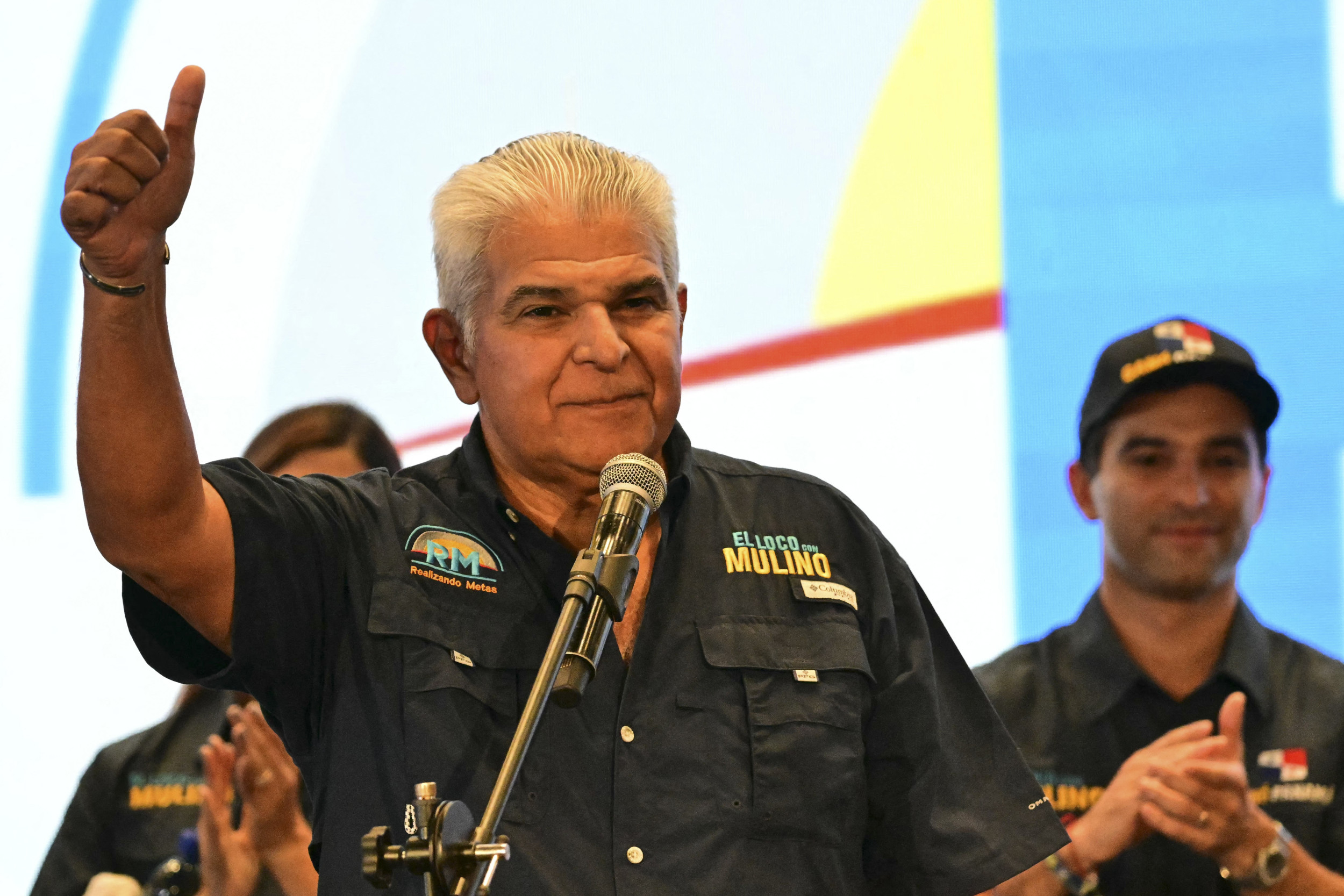Sunscreen and stamps are a must, and granola bars are always appreciated. But when it comes to packing up their kids for camp, many parents are leaving the prescription drugs at home. For the 2.5 million kids medicated for attention deficit hyperactivity disorder (ADHD), physicians recommend an occasional break from the meds. The freewheeling days of summer are in some ways the perfect time. But when sleepaway camp is in the cards, drug holidays can present a problem—not just to the counselors having to handle kids who can be off-the-wall, but often also to the campers themselves.
Health professionals do recommend a drug holiday at least once a year to see if the medication is still needed and as a break from possible side effects, the most common of which are decreased appetite and trouble sleeping. The time off can also affect a child's physical development. Josephine Elia, an attending psychiatrist at Children's Hospital of Philadelphia, says that while studies have shown that in the long-term, ADHD drugs don't have an effect on height, they can delay growth. "By taking kids off during summers, you do allow some room so that a growth spurt can occur," she says.
With the stimulants usually prescribed for ADHD, like Ritalin and Aderall, there's no physical harm to going on and off. The drugs start working quickly and do not have to be built up in the body before having an effect, the way antidepressants do; they are metabolized, leaving the patient's system, quickly too. According to experts like Elia, it's no more dangerous to stop taking ADHD drugs when you don't need to treat hyperactivity symptoms than it is to stop taking aspirin when your headache goes away.
But camp might not be the right place for a meds break. Sue Scheff, a parent advocate who has blogged about her son Scott's ADHD, tried for years to send him to camp unmedicated. Every year it was the same: "Within a week's time I'd get a call saying the claws are coming out, he's misbehaving, and I'd have to send the medication up to get him on track." So why keep trying? In part it was to give him relief from the side effects. But the bigger motivating factor, she says, was avoiding the stigma of the ADHD label—both for Scott, who was teased when he had to leave the lunchroom to take his pills, and for herself. "Maybe it was a selfish decision," Scheff says. "I just wanted to take him off so I didn't have to explain to everybody why he was on the medication."
The fear of a stigma even drives some parents to keep their kids' drug holidays under wraps, deciding not only to stop drug treatment over the summer but to leave the diagnosis off camp health forms entirely. Although their intention may be to avoid sticking their child with a "problem" label at camp, the effect is often just the opposite; counselors and camp directors, who review all campers' health forms before a session begins, are more likely to misread a camper's disobedience as insubordination or a discipline issue if they don't understand the disorder behind it. Jeff Freedman, the director of Camp Winaukee, an all-boys' sports camp in New Hampshire, says that's the case for a handful of his campers each summer: a boy is having a hard time following directions, Freedman calls the parents, and the parents say they forgot to mention that the child is typically medicated for ADHD.
"If the medications are helping at school and helping at home, we really think they will help at camp," says Edward Walton, an assistant professor of pediatrics at the University of Michigan. Walton was the lead author of the camp guidelines of the American Academy of Pediatrics, which state that "elective interruption in medications (drug holidays) should be avoided in campers on long-term psychotropic therapy," which includes medication for ADHD.
Many camp activities, such as water sports or archery, can be dangerous if kids aren't paying enough attention, says Walton. And a child with ADHD may have a harder time dealing with camp's intense social environment if he is taking a hiatus from his regular treatment. Beyond the effect on campers, Walton says drug holidays can also put an "unfair burden" on the counselors. "It's difficult to ask someone who's just meeting your child, just forming a relationship and trying to keep them safe and happy, to do that if the kid is not at his best."
That's a challenge that some camp directors are ready to tackle. "I'm all for kids finding out who they are when they're not on medication," says Vini Schoene, the director of the Burgundy Center for Wildlife Studies in West Virginia. "Whenever a parent says, 'Would it be OK if we send our kids without meds,' I always say 'Sure, let's give it a try'." Although her staff is mostly made up of teenagers who lack training in dealing with special-needs campers, Schoene thinks the camp setup makes it possible to keep even unmedicated hyperactive campers engaged. "There's plenty of room to move, there's enough stimulus and action, and we're not making them sit for that long," she says. Freedman says Camp Winaukee has a similar approach: "For a young man who has ADHD, this is a great opportunity to just burn off everything. You're going full-tilt all the time."
Whether exercise is actually an effective treatment for hyperactivity is debated within the ADHD community. Some experts say that too many kids are diagnosed with and medicated for ADHD, when in fact what they may really need is more physical activity. But while some parents swear that exercise or a regulated diet improves their child's focus, formal clinical studies have not borne this out. So can a vigorous game of Capture the Flag replace Ritalin? "I wish it were that easy," says Josephine Elia, a psychiatrist at the Children's Hospital of Philadelphia. "If a kid is really hyperactive, structured sports activities give him a means to use that energy in a positive way. But does it treat the symptoms? No."
For Mark, medication during camp may be a good idea. But in the case of Jordan Glist, who attended the Burgundy Center starting at age 11 and is now the assistant director, the drugs that helped him in school actually had a negative effect on his social interactions, making him slower and less talkative. For him, summer drug holidays were an easy and welcome choice.
As with any medication decision, whether and when to take drug holidays depends on the individual. For some ADHD kids, medications help with social interaction, allowing them to better read social cues and exercise self-control. Carrie Wilkerson says—with maternal adoration, of course—that when her son Mark is off his meds, "it makes him very, very annoying." He chatters uncontrollably and laughs nervously at inappropriate times, she says. And that kind of behavior probably wouldn't go over all that well at a campfire sing-a-longs.
Uncommon Knowledge
Newsweek is committed to challenging conventional wisdom and finding connections in the search for common ground.
Newsweek is committed to challenging conventional wisdom and finding connections in the search for common ground.
About the writer
To read how Newsweek uses AI as a newsroom tool, Click here.






